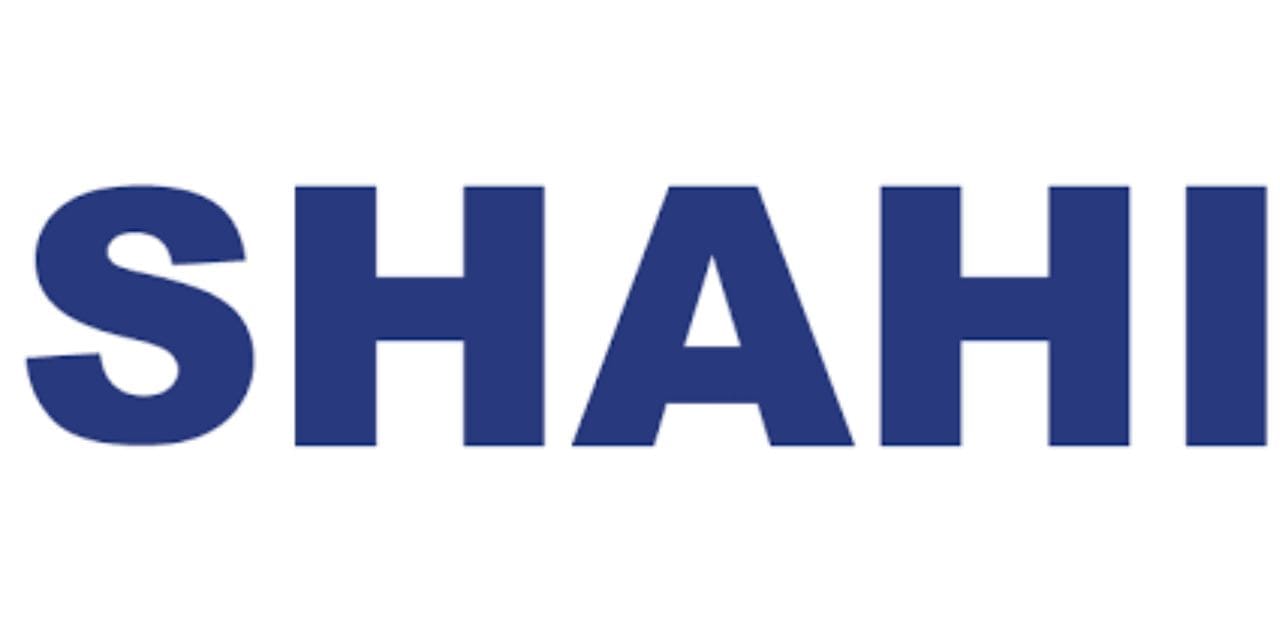New Delhi : Economic Survey reported that between 2001-2011, the Inter-state labor migration in India averaged between 5 to 6 million people a year which constitutes 17%-29% of the labor force. Migration and related activities undertaken by migrant workers are estimated to contribute 10 percent of India’s GDP. These activities have positive externalities in terms of benefits to their families, native communities, and destination states/communities. Some of their contributions can be seen in the labor-intensive garment and textile sector. Composed of many small, medium, and large-sized enterprises, this sector has grown exponentially, from domestic production to engagement in export-oriented global supply chains, which has fuelled employment opportunities for varied skill sets across the country.
Nevertheless, internal migration in India is rife with challenges. Much of these can be addressed at the origination itself— that is, the transition period when migrants move from their hometowns all the way until they settle in a new place.
The International Organization for Migration (IOM), on 30th September 2022, signed an MoU with Shahi Exports to support and assist migrant workers through the institutional framework of a Migrant Support Centre (MSC). Shahi Exports, India’s largest apparel manufacturer, has been running the MSC for migrants working in various industries across Bengaluru since 2021. Currently, it serves nearly 4,000 migrants. Under this partnership, IOM will provide technical and advisory support to strengthen and operationalize the Shahi-run MSC in Bengaluru. IOM will assist Good Business Lab (GBL) – a not-for-profit labor innovation organization, to understand the issues faced by interstate and intrastate migrant workers in an urban setting and empower migrant workers and improve all aspects of their welfare– working conditions, access to legal entitlements, social security, health, education, and vocational skills. GBL came on board as the project’s design partner, conducting visits to existing MSCs to understand the provisions of specific services and if there exist any disconnects between migrant experiences and support offered by centers.
IOM’s Head of Office, Sanjay Awasthi, observed that such a collaboration would leverage the strengths of multiple stakeholders across the supply chain to achieve the envisioned benefits not only for the migrant workers and their employers but towards the social and economic development of migrants’ source and destination states, and ultimately India as a whole. To mitigate these risks and to intensify the socio-economic benefits of internal migration, it is imperative that supply chain partners play a role in ensuring the welfare of migrant workers.
Migrant workers are also particularly vulnerable to disasters and crises, as evidenced by the impact of the COVID-19 pandemic.
Shahi Export’s MSC evolved out of COVID-19 relief efforts conducted by Shahi Exports, such as facilitating vaccination drives, free phone consultancy with ophthalmologists, information services on preventative measures, availability of transport, and providing food rations to migrant workers.
“The MSC provided shelter, utility support, medical aid, financial, legal literacy, and toll-free redressal numbers to resolve issues migrants face in the garment industry and other sectors. We gained valuable feedback from the beneficiaries of the center to help us, and the learnings from our first effort make us confident to scale MSC up to reach 10,000 migrants by 2025. Our multi-stakeholder partnership with IOM will leverage their global perspective and combine it with the knowledge of on-ground partners, including state government wings like Odisha Rural Development And Marketing Society (ORMAS), to achieve a model that can give migrants the support they need in a new city or town.”
- Anant Ahuja, Head of Organizational Development, Shahi Exports
IOM has provided technical support for the establishment and functioning of several such centers for migrants throughout the world. Amit Chowdhury, National Officer, IOM India, said that “These centers (also known as Migrant Resource Centres) serve as a source of information and support to migrants at either their destination or source locations and further promote greater social inclusion and interaction. The partnership between IOM and Shahi would continue to work with other institutionalized stakeholders (governmental and non-governmental) directly or indirectly engaged in the facilitation of migration-related issues to ensure safe and secure mobility of migrant workers.”

